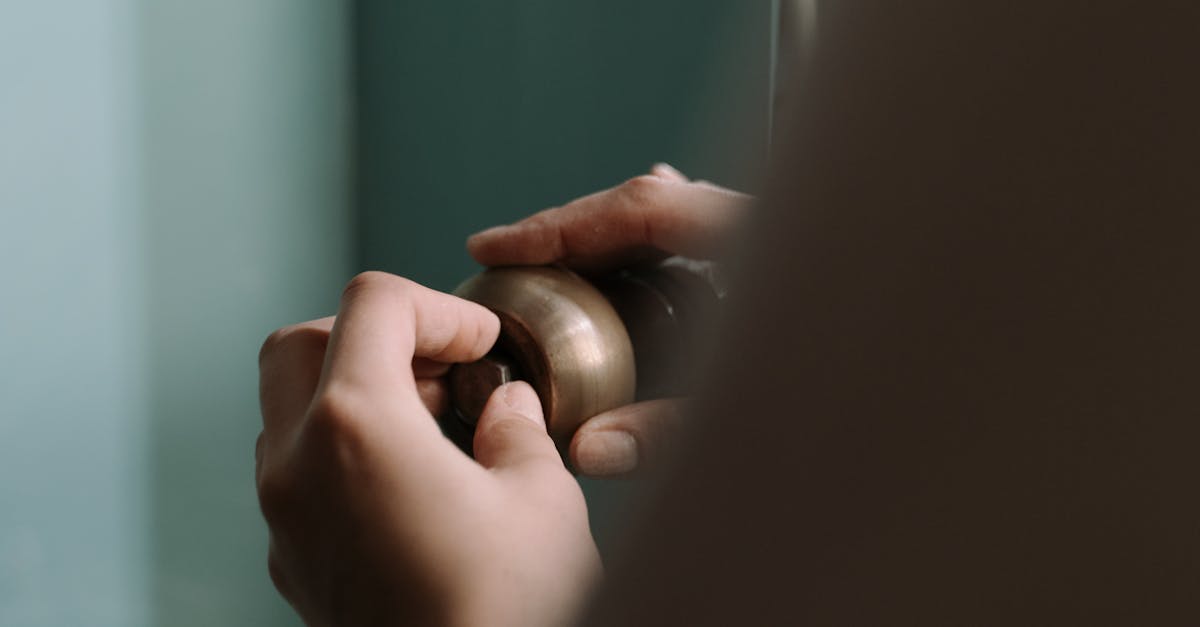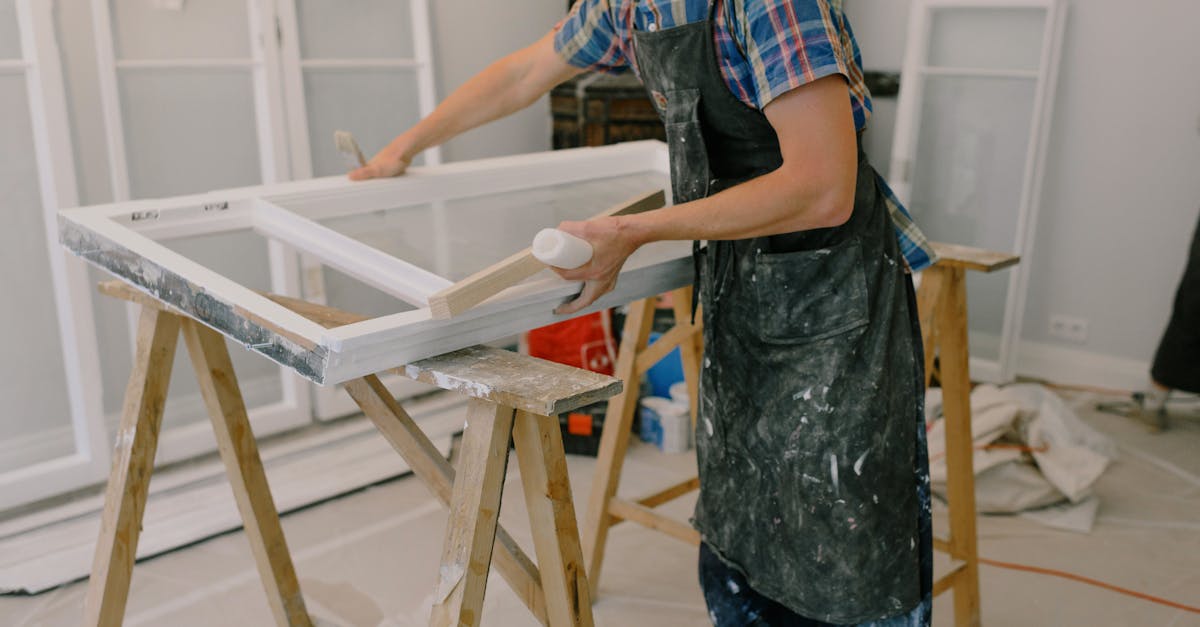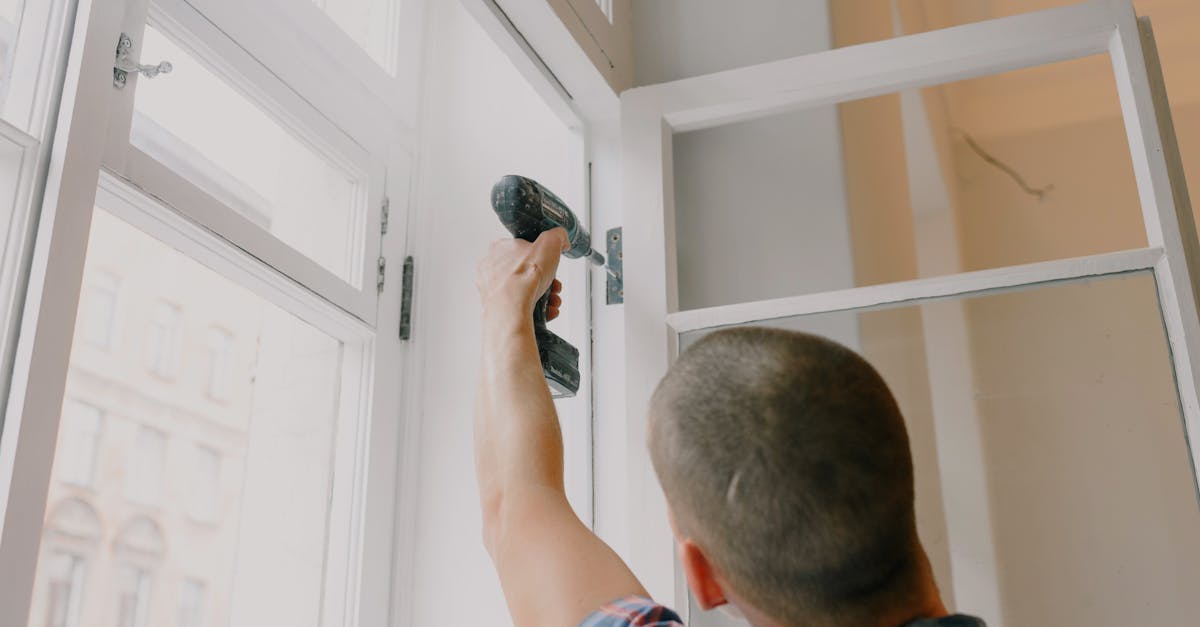
At PB Plumbing, we specialize in sink installation and repair services that cater to both residential and commercial needs. Our skilled team of professionals is dedicated to providing high-quality workmanship and exceptional customer service. Whether you’re looking to install a new sink to enhance your kitchen or bathroom or need prompt repairs for a leaky faucet or clogged drain, we have you covered. We source only the best materials and fixtures to ensure durability and functionality in every installation. Trust PB Plumbing to handle your sink-related needs efficiently, leaving you with a seamless experience and peace of mind.
Sink Repair Techniques for Homeowners
Homeowners can often tackle minor sink repairs with a few straightforward techniques. One common issue is a clogged drain. Using a plunger can effectively dislodge blockages. If that doesn’t work, a mixture of baking soda and vinegar might help clear the pipes. For leaking faucets, replacing washers or O-rings can usually stop the drip. This process typically involves shutting off the water supply, disassembling the faucet, and carefully replacing the worn components.
Another area that many can manage is tightening loose fittings. Loose connections can lead to leaks or improper drainage. Homeowners can turn off the water supply and use a wrench to secure any loose nuts or bolts. Checking for signs of corrosion is also vital. If rust or mineral buildup is observed, it’s crucial to clean these areas to prevent further damage. Regular inspections can help catch small issues before they escalate, saving time and money in the long run.
When to DIY and When to Call a Professional
Homeowners often find themselves assessing whether a task is manageable on their own or requires the expertise of a professional plumber. Simple repairs, such as replacing a worn-out faucet washer or unclogging a sink with a plunger, can typically be tackled with some basic tools and instructions. Familiarity with the plumbing system and a good understanding of the issue at hand can guide you through minor fixes without the need for professional help.
However, more complex problems, such as leaks from the sink's plumbing or issues with the drainage system, can lead to bigger headaches if not handled correctly. In these cases, calling in a professional ensures that the issue is resolved accurately and prevents potential damage to your home. Signs that the problem may require expert assistance include ongoing drainage issues, unusual sounds coming from the pipes, or persistent leaks that DIY methods fail to address.
The Importance of Proper Drainage
Proper drainage is essential for maintaining the functionality of any sink. Without adequate drainage, water can accumulate, leading to a range of problems. Overflowing sinks can cause water damage to surrounding areas, promoting mold and mildew growth. Slow drainage often indicates clogs, which can escalate into more significant plumbing issues if left unaddressed. Ensuring that pipes are clear allows for efficient wastewater flow, which is crucial for hygiene and overall home comfort.
Additionally, a well-drained sink contributes to the longevity of plumbing fixtures. Regularly clearing out debris and using strainers can prevent build-up that leads to clogs. Homeowners should also be mindful of the materials that enter their sinks, as certain substances can exacerbate drainage problems. Proper drainage practices not only enhance the sink's performance but also minimize the risk of costly repairs down the line.
Ensuring Your Sink Functions Efficiently
A properly functioning sink requires attention to both the fixtures and the plumbing that support it. Regularly inspect the faucet for drips or leaks, which can waste water and lead to more significant issues over time. Ensuring that the aerator is clean can improve water flow and efficiency. Keeping the sink area clutter-free allows for better accessibility, making it easier to notice any problems that arise.
Effective drainage plays a crucial role in maintaining sink efficiency. Hair and debris should be removed from the drain regularly to prevent clogs. You can use a mixture of vinegar and baking soda to help with minor build-up. Additionally, monitoring how food waste is disposed of can prevent slow drains and other plumbing headaches. Regular checks of the P-trap under the sink can also ensure that it is clear and functioning as intended.
Maintenance Tips for Longevity
Regular maintenance is key to prolonging the life of your sink. Start by cleaning both the basin and the faucet with gentle, non-abrasive cleaners to avoid scratches. Pay attention to the areas around the drain, where food particles and debris can accumulate. Periodically inspect the sink for any signs of leaks or wear, as early detection can prevent more extensive damage later on. Additionally, consider tightening any loose fittings and periodically replacing worn-out seals.
Managing the buildup of mineral deposits is essential for sink maintenance. A mixture of vinegar and baking soda can effectively clean the drain and prevent clogs while keeping the plumbing flowing smoothly. Always run hot water after washing dishes to help eliminate grease that could lead to blockages. Consider using sink strainers to catch food waste and avoid unnecessary strain on your plumbing system. Following these practices will help keep your sink functioning efficiently for years to come.
Keeping Your Sink in Optimal Condition
Regular maintenance is key to ensuring your sink remains in good working order. Cleaning the sink regularly will help prevent buildup and stains. Use a gentle cleanser to avoid damaging the surface. Pay close attention to the faucet and handles. Wipe them down periodically to remove water spots and mineral deposits. This attention not only improves appearance but also extends the lifespan of these components.
Inspecting the plumbing beneath the sink is essential. Look for any signs of leaks, corrosion, or loose connections. Tighten any fittings that may have come loose over time to prevent leaks. Additionally, using a drain strainer can catch food particles and debris, minimizing the risk of clogs. Keeping the area under the sink tidy also makes it easier to spot potential issues and maintain efficient drainage.
FAQS
What are some common sink repair techniques I can try at home?
Common sink repair techniques include tightening loose fittings, replacing washers or seals, unclogging drains with a plunger or drain snake, and applying plumber's tape to threaded connections to prevent leaks.
How can I determine if I should attempt a sink repair myself or hire a professional?
You should consider DIY if the repair is minor, like fixing a leak or unclogging a drain, but it's best to call a professional for major issues such as extensive leakage, pipe damage, or if you're unsure about the repairs needed.
Why is proper drainage crucial for sink functionality?
Proper drainage ensures that water flows efficiently, preventing backups and clogs, which can lead to more significant plumbing issues and damage to your sink or surrounding areas.
What steps can I take to ensure my sink functions efficiently?
To ensure your sink functions efficiently, regularly clean the drain, avoid pouring grease or large food items down the sink, and check for leaks. Additionally, consider using a strainer to catch debris.
What maintenance tips can help prolong the life of my sink?
To maintain your sink, regularly inspect for signs of wear, clean it with appropriate cleaners, avoid harsh chemicals, and ensure all plumbing connections are secure. Also, consider periodic professional inspections to address potential issues early.


